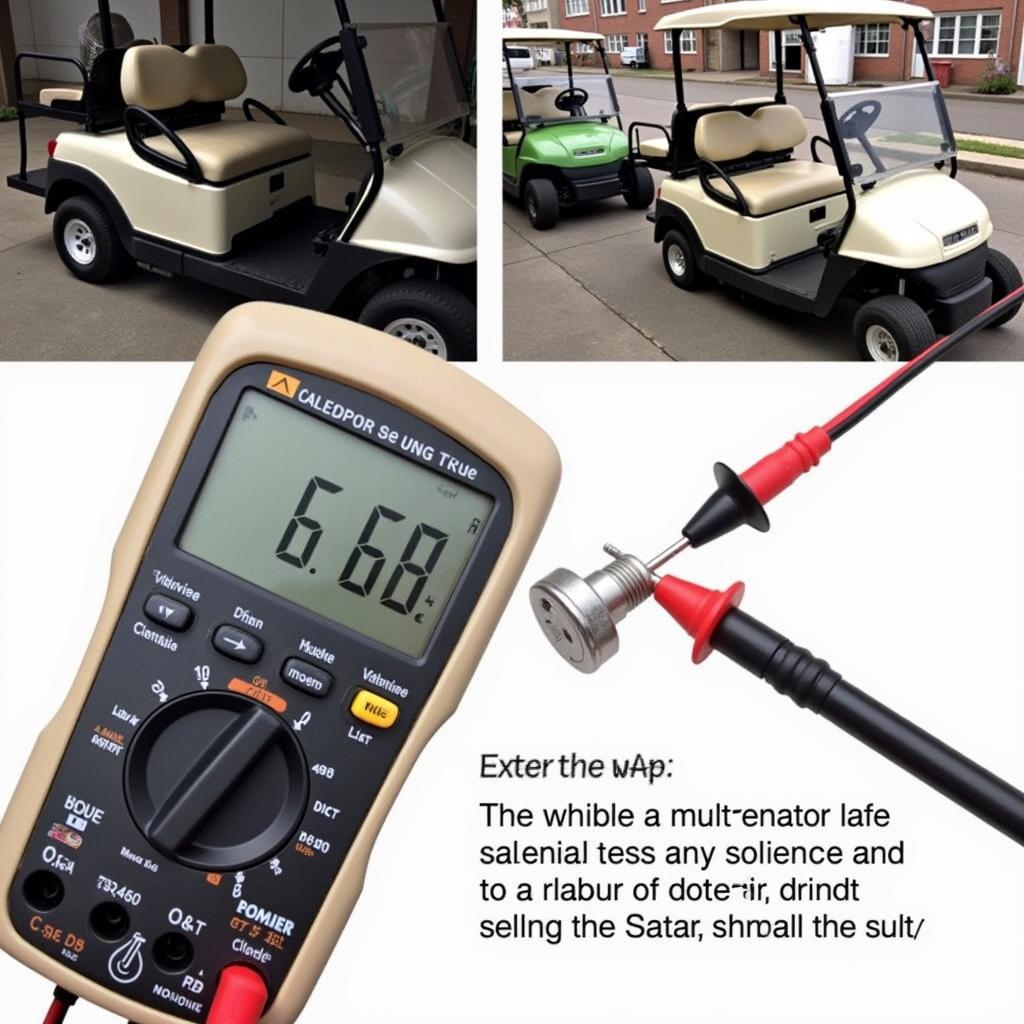Annual car maintenance is a crucial aspect of vehicle ownership, ensuring safety, reliability, and longevity. It’s more than just an oil change; it’s a comprehensive check-up designed to identify and address potential issues before they escalate into costly repairs. Within the first year of owning a car, understanding what happens during this annual service can save you time, money, and stress down the road. After all, a well-maintained car is a happy car (and owner!).
A typical annual car maintenance service covers a wide range of inspections and procedures, tailored to your specific vehicle’s make, model, and mileage. While the specifics might vary, the core elements remain consistent. This comprehensive checkup goes beyond a simple oil change and delves deep into the essential components of your vehicle. Understanding the nuances of this annual ritual can empower you to make informed decisions about your car’s care.
Understanding the Key Components of Annual Car Maintenance
During an annual car maintenance service, a qualified technician will meticulously inspect various crucial components of your vehicle. They will examine your brakes, checking for wear and tear on pads, rotors, and drums. The cooling system is also a key focus, ensuring that the coolant is fresh and the radiator is functioning effectively to prevent overheating. These checks are essential to maintain optimal performance and prevent potential breakdowns. For further insights into car maintenance, check out this helpful resource on car maintenance service average prices.
Your vehicle’s vital fluids, including engine oil, transmission fluid, brake fluid, power steering fluid, and coolant, are checked and replaced as needed. Old or contaminated fluids can significantly impact your car’s performance and lead to premature wear and tear on critical components. Regular fluid changes are an integral part of preventative maintenance.
Why is Fluid Check Important During Annual Car Maintenance?
Checking and changing fluids is critical for the overall health and longevity of your vehicle. Fresh fluids ensure optimal performance and prevent damage to essential components. Think of it like giving your car a refreshing drink of water – it needs it to run smoothly!
Electrical System Check: Ensuring a Smooth Flow
The electrical system is also scrutinized, including the battery, alternator, starter, and lights. A thorough electrical system check can prevent unexpected starting problems and ensure that all lights and electrical components are functioning correctly. This is particularly important for safety, especially during nighttime driving.
What Does an Electrical System Check Entail?
The technician will test your battery’s voltage and ensure it’s holding a charge effectively. They’ll also check the alternator’s performance and ensure the starter is engaging properly. All lights, including headlights, taillights, brake lights, and turn signals, are checked for proper functionality.
“A well-maintained electrical system is crucial for the safe and reliable operation of any vehicle,” says automotive expert, Robert Johnson. “Regular checks can prevent unexpected failures and ensure peace of mind on the road.”
how to estimate maintenance costs for a used car
Tires and Suspension: Maintaining a Comfortable and Safe Ride
Tires are inspected for wear and tear, proper inflation, and alignment. Correct tire pressure is crucial for fuel efficiency and handling. The suspension system is also checked for any signs of damage or wear, which can impact ride comfort and safety. Don’t overlook the importance of this aspect of your annual maintenance.
How Often Should Tires Be Rotated and Balanced?
Tire rotation and balancing are generally recommended every 5,000 to 7,500 miles. This ensures even wear on all tires and helps maintain optimal handling and fuel economy. You can learn more about car maintenance at specific mileage intervals, such as car maintenance 15000 miles, to ensure your vehicle receives the appropriate service at the right time.
“Regular tire maintenance is not just about safety; it also contributes to fuel efficiency and extends the life of your tires,” notes automotive engineer, Susan Miller. “Proper inflation and alignment are essential for a smooth and comfortable ride.”
small toyota car maintenance schedule
Addressing Specific Concerns and the Importance of a Maintenance Schedule
Beyond the standard checks, annual car maintenance also offers an opportunity to address any specific concerns you might have about your vehicle. Perhaps you’ve noticed a strange noise or a slight vibration – this is the perfect time to bring it to your technician’s attention. You may want to understand car maintenance gear differential for a smoother and quieter drive.
car maintenance gear differential
Following a regular maintenance schedule, as outlined in your owner’s manual, is the best way to ensure your vehicle remains in top condition. It’s a proactive approach that can prevent costly repairs down the road.
Conclusion
What Happens In An Annual Car Maintenance service is a comprehensive evaluation and upkeep of your vehicle, ensuring its safety, reliability, and performance. By understanding the key components of this vital check-up, you can be a proactive car owner and enjoy many miles of trouble-free driving. For any further assistance or questions, please don’t hesitate to contact us at AutoTipPro at +1 (641) 206-8880 or visit our office at 500 N St Mary’s St, San Antonio, TX 78205, United States.






Leave a Reply